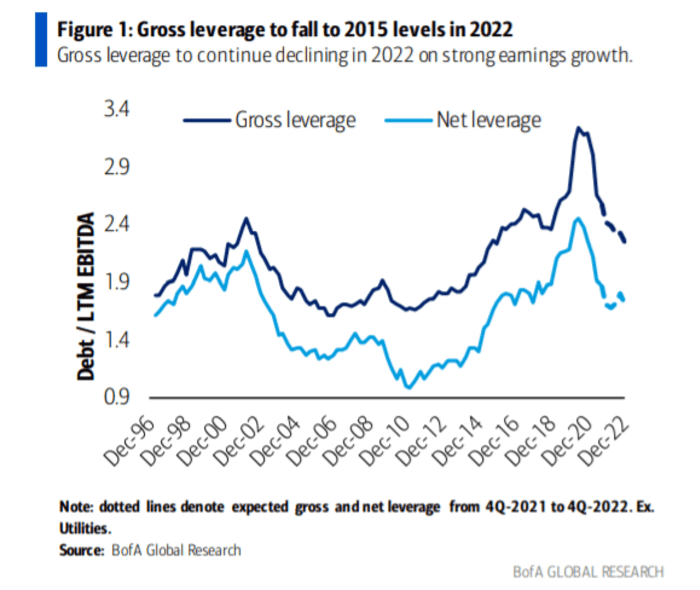This post was originally published on this site
U.S. companies have made a big push this week to borrow ahead of Thanksgiving, before things typically slow down for the holidays.
Already by Wednesday, companies issued more than $50 billion of U.S. investment-grade corporate bonds for the week, according to BofA Global data, with investors expecting closer to $60 billion through Friday.
“It’s been a big week, with a few more deals out today,” said Terence Wheat, co-head of U.S. investment-grade corporate bond team at PGIM Fixed Income, in a phone interview Thursday.
“We expected a chunky week of new issuance, and maybe we’ve gotten even more so than we initially thought.”
Rounding out the volume was Canadian Pacific Railway’s
CP,
$6.7 billion U.S. dollar bond deal on Wednesday to help it fund the cash portion of its planned acquisition of Kansas City Southern
KSU,
plus another roughly $1.7 billion equivalent in Canadian debt.
There could be “a deal or two,” next week, Wheat said. “And then things get slow into the remaining part of the year.”
The backdrop has remained strong for America’s corporate borrowers, he said, despite the deluge of seasonal bond supply, and secondary market conditions “feeling a bit heavy right now.”
Positive backdrop for companies
U.S. companies continued to put up strong earnings overall, with the S&P 500 index
SPX,
and Nasdaq Composite Index
COMP,
closing at new records Thursday, with the Dow Jones Industrial Average
DJIA,
not far behind.
The spread on the widely tracked ICE BofA US Corporate Index was nearly 94 basis points above Treasurys. That is about 10 basis points above September’s lows, but far below the highs of March 2020 in the 400-basis-point range. Spreads are the level of compensation investors earn above a risk-free rate on bonds to help account for default risk.
“It’s a printing press right now,” said Wendy Wyatt, portfolio manager at DuPont Capital, in a phone interview Thursday. “They’re getting cheaper financing than they’ve seen in their cycle as a company.”
Wyatt pointed to historically low spreads and stabilizing Treasury rates, with the 30-year rate
TMUBMUSD30Y,
below 2%, as other catalysts for the borrowing spree.
But she also said borrowers might want to act before the Federal Reserve’s plans to trim its emergency bond purchases get into full swing, particularly with her estimate of a roughly $150 billion calendar of pending mergers and acquisitions yet to fund.
Still, Wyatt noted that “leverage isn’t horrendous, right now,” with many investment-grade companies using bond issuance to refinance maturing or more expensive debt, and to push out refinancing risks further down the road.
Analysts at BofA Global tracked leverage, in relation to corporate earnings at U.S. investment-grade companies, that has been falling in recent quarters, and should decline to about 2.25x next year, or a level last seen in 2015.

Investment-grade companies are cutting leverage as earnings rise.
BofA Global
“Yes, we are priced to a no-event for credit risk, right now,” Wyatt said. “But the central bankers are telling us they are staying accommodative.”

